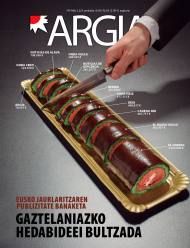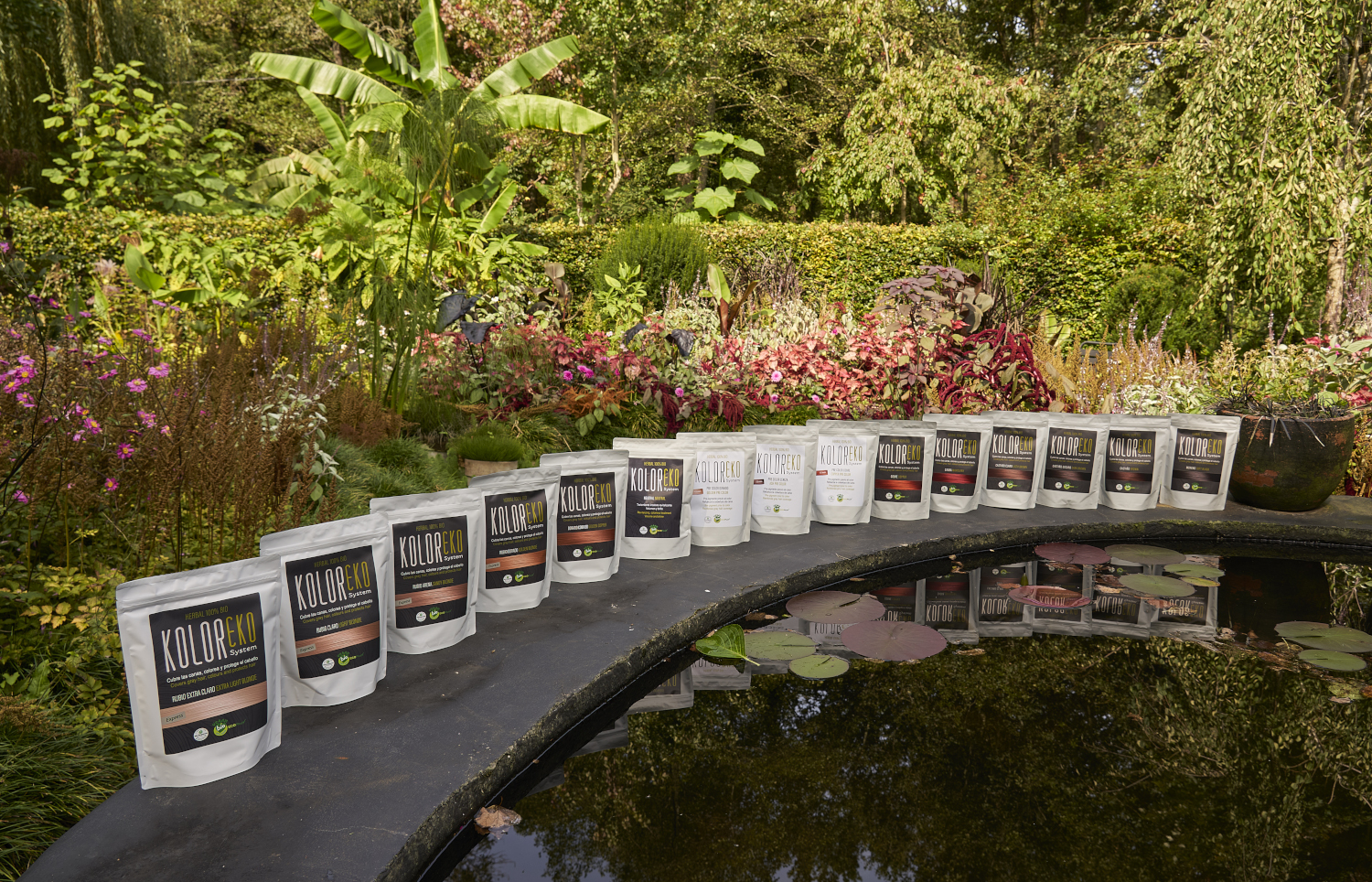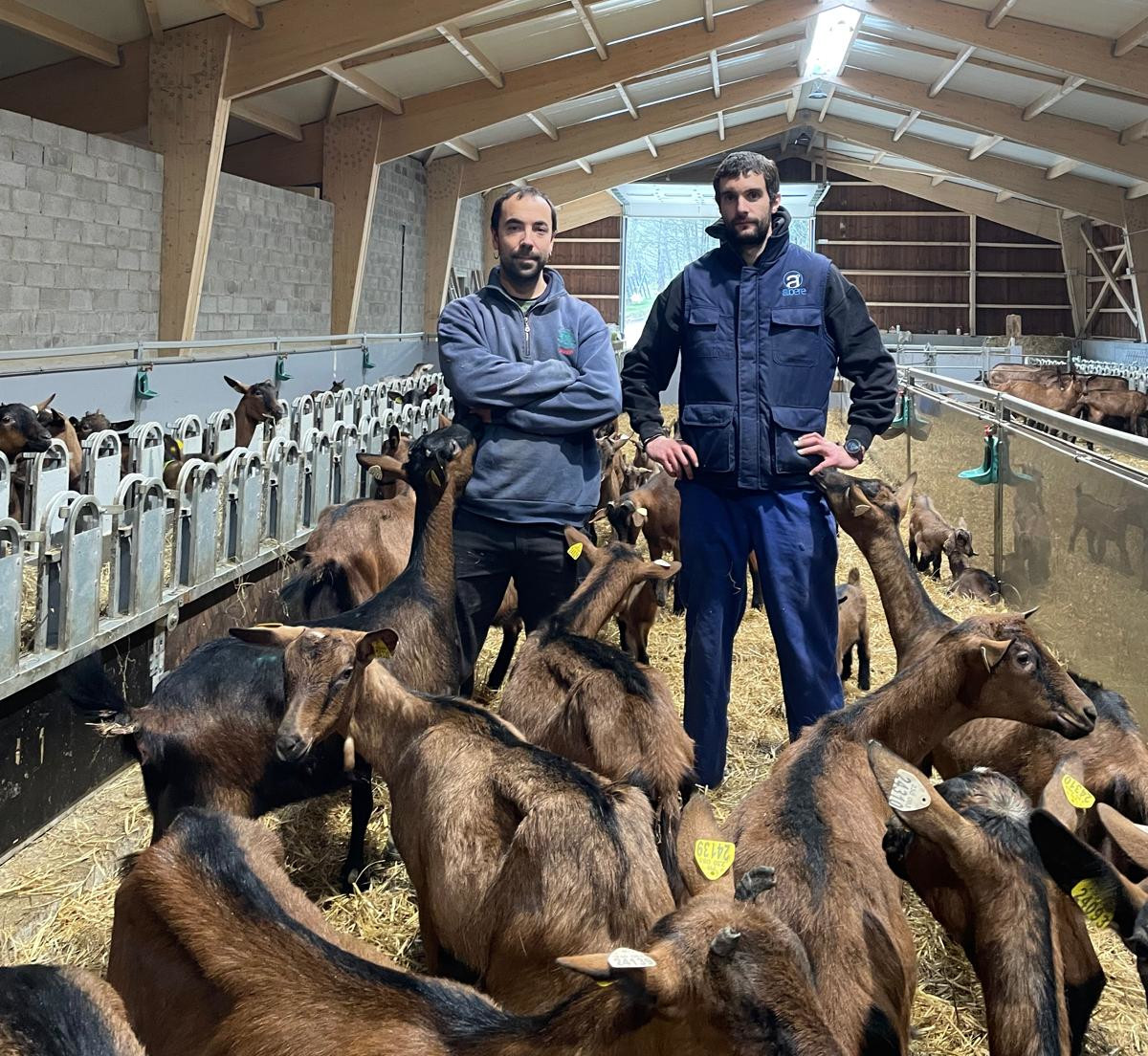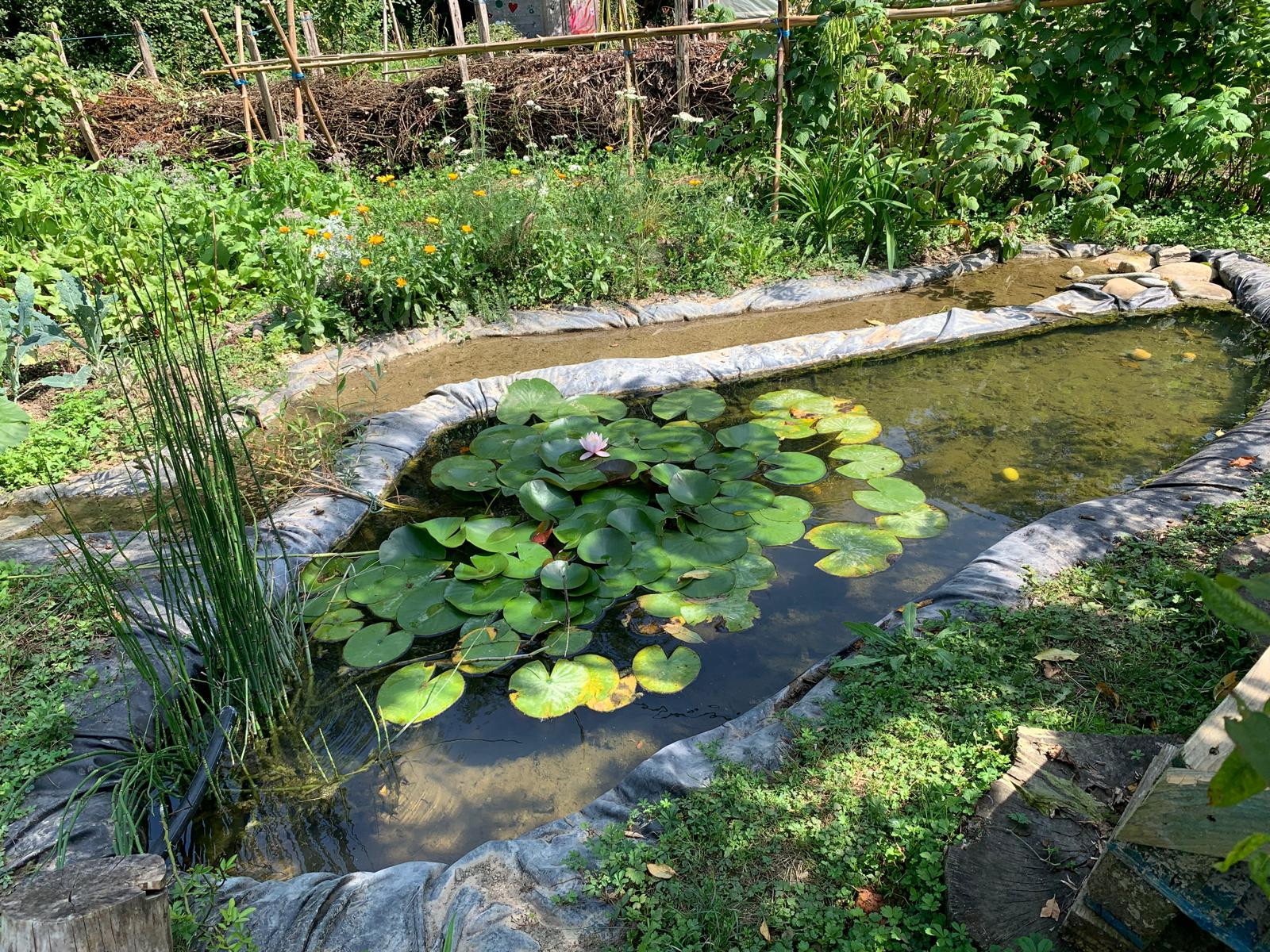
Cleopatra bathed in milk. Not in any milk, in that of donkey. For centuries, astema milk has been appreciated in many parts of the world because of its beneficial properties. Aware of these characteristics, in 2010 Gabadian Laurent Darrieumerlou began taking his first steps in the Public Works project. He produces donkey milk on his farm.
Benefits of “white gold”
Breast milk is very similar to milk, so it is the right milk for children, as explained in the space of the Herri Lan project. “It’s easy to digest this milk because it has very little fat, and it’s rich in vitamins, minerals and trace elements.” Asno milk also has the right properties for adults, for example, for people with skin diseases and intestinal problems.
Although milk in bottles is also sold on their farm, the biggest weight of the project lies in the production of milk for cosmetic products. The members of Herri Lanak produce these products in collaboration with a manufacturer of soaps: creams, soaps, gels and shampoos… From the point of view of nature, they offer quality products to consumers. They work without palm oil, parabens, ink or silicone. For distribution, they prioritize direct sales in Public Works.
With respect to animals
Respect for animals is essential for the members of the Herri Lan project. Animals stay out year-round and respect their rhythms away from intensive production. “Milk production is small, each donut gives a liter or a half of milk a day,” they say. The animals are milked twice a day, five days a week.
Darrieumerlou decided to start the Public Works project after suffering an accident in his previous work, taking into account what his grandfather had once told him: “Do what you can, with what you have.” At the time, I had an old farm and a few donkeys and I didn't think twice. “I built the project following my values and principles: creating a human-scale culture structure that allows animals to be fed and domestic products to be marketed through direct selling.”
Duela lau urte abiatu zuten Azpeitian Enkarguk proiektua, Udalaren, Urkome Landa Garapen Elkartearen eta Azpeitiako eta Gipuzkoako merkatari txikien elkarteen artean. “Orain proiektua bigarren fasera eraman dugu, eta Azkoitian sortu dugu antzeko egitasmoa, bere izenarekin:... [+]
Donostiako Amara auzoko Izko ileapaindegi ekologikoak 40 urte bete berri ditu. Familia-enpresa txikia da, eta hasieratik izan zuten sortzaileek ile-apainketan erabiltzen ziren produktuekiko kezka. “Erabiltzaileen azalarentzat oso bortzitzak dira produktu gehienak, baina... [+]
Ubidekoak (Bizkaia) dira Imanol Iturriotz eta Aritz Bengoa gazteak. “Lagunak gara txikitatik, eta beti izan dugu buruan abeltzaintza proiektu bat martxan jartzeko ideia”, azaldu du Iturriotzek. Nekazaritzari lotutako ikasketak izan ez arren, baserri munduarekin eta... [+]
Iruñean bizi ziren Iñaki Zoko Lamarka eta Andoni Arizkuren Eseberri gazteak, baina familiaren herriarekin, Otsagabiarekin, lotura estua zuten biek betidanik. “Lehen, asteburuetan eta udan etortzen ginen eta duela urte batzuk bizitzera etorri ginen”, dio... [+]
Gipuzkoako hamaika txokotatik gerturatutako hamarka lagun elkartu ziren otsailaren 23an Amillubiko lehen auzo(p)lanera. Biolur elkarteak bultzatutako proiektu kolektiboa da Amillubi, agroekologian sakontzeko eta Gipuzkoako etorkizuneko elikadura erronkei heltzeko asmoz Zestoako... [+]
Emakume bakoitzaren errelatotik abiatuta, lurrari eta elikadurari buruzko jakituria kolektibizatu eta sukaldeko iruditegia irauli nahi ditu Ziminttere proiektuak, mahai baten bueltan, sukaldean bertan eta elikagaiak eskutan darabiltzaten bitartean.






















